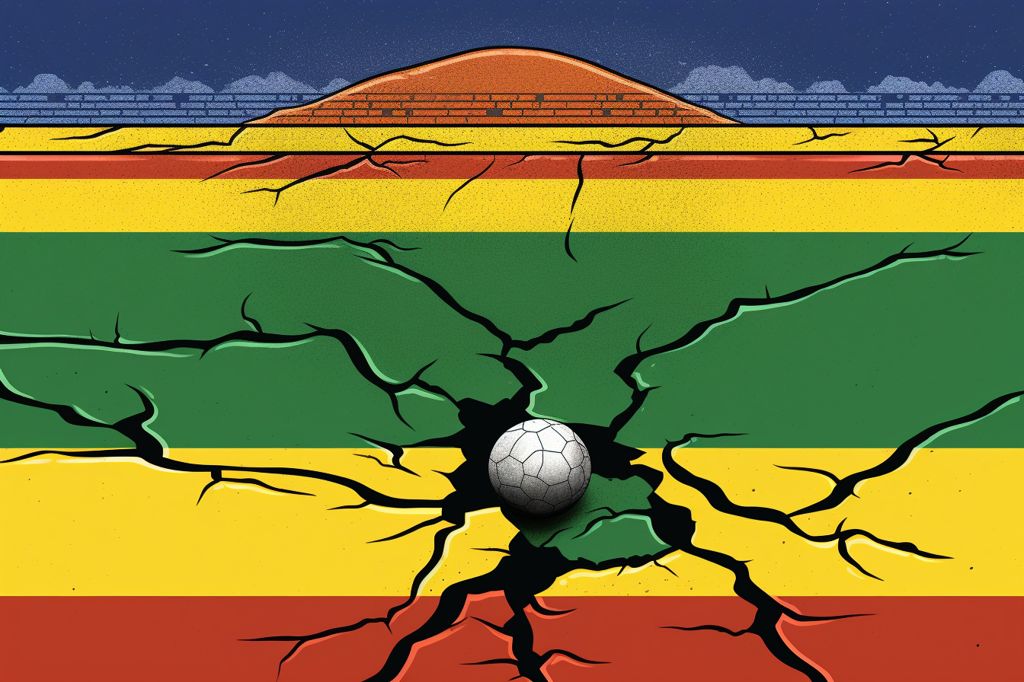Rugby is a highly competitive sport that requires agility and speed to secure victory. It’s not surprising that fans often discuss the fastest Springbok players, with names like Cheslin Kolbe or Makazole Mapimpi coming up frequently. However, contrary to popular belief, Sbu Nkosi has been identified as the fastest among them, despite Kolbe’s current acclaim as the most agile player on the squad.
Sbu Nkosi: A Formidable Force on the Field
Sbu Nkosi has faced numerous off-field challenges throughout the season. Nevertheless, his impressive 100-meter sprint record of 10.59 seconds firmly establishes him as the fastest Springbok player in recent years. Kolbe, on the other hand, boasts a close 10.70-second sprint over the same distance.
The Fastest in Recent Years
These outstanding times were reported by SARugbyMag in 2021, with no other Springbok player surpassing them since. As the world of rugby continues to evolve, fans eagerly anticipate updates on the quickest, heaviest, and most powerful players in both the Springboks and World Rugby.
Celebrating Rugby’s Speedsters
Throughout rugby history, there have been many awe-inspiring tales of speedsters and their breathtaking sprints. Iconic players like Jonah Lomu, Bryan Habana, Doug Howlett, Perry Baker, and Carlin Isles have amazed spectators with their effortless grace as they dashed past defenders. Kolbe, too, has showcased the importance of speed in rugby, as demonstrated by his memorable try in the Rugby World Cup final in Japan.
Acknowledging Remarkable Pace
On the international stage, New Zealand’s Reiko Ioane is also highly regarded for his remarkable pace. As rugby continues to captivate audiences worldwide with its spectacle of strength, speed, and strategy, it remains essential to acknowledge and appreciate the extraordinary skills of the sport’s swiftest players.
Looking to the Future
While Nkosi and Kolbe’s sprinting prowess remains a focus, the world of rugby extends far beyond individual achievements. As the Springboks gear up for future tournaments, new faces join the ranks in pursuit of the coveted Rugby World Cup debut. These rising stars, poised to follow in the footsteps of the Springbok legends, may yet prove to be formidable forces on the rugby field.
The Next Generation of Speedsters
The Springbok team has always been a breeding ground for exceptional talent. As the roster continues to evolve, the next generation of speedsters is undoubtedly waiting in the wings, eager to leave their mark on the rugby world.
In conclusion, Sbu Nkosi’s revelation as the fastest Springbok rugby player has come as a surprise to many. Amidst the ever-changing landscape of rugby, both in South Africa and globally, it is vital to keep an eye on the players who display exceptional speed, strength, and skill. As we continue to revel in the beauty of this sport, the fastest Springbok player’s title may be contested and claimed by other talented speedsters in the near future.












